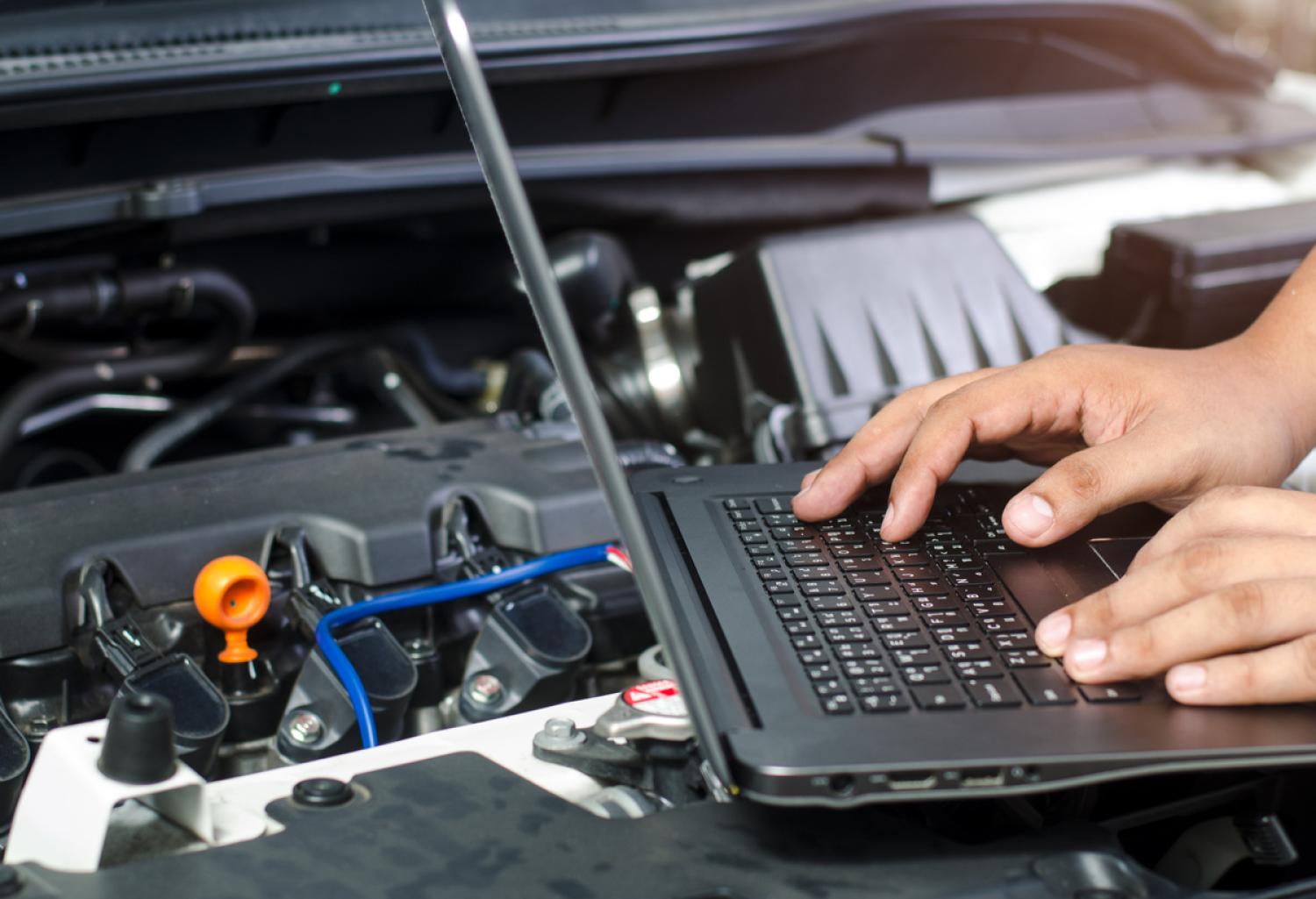Vehicle diagnostics through car batteries offer protection against cyber risks

Background
The automotive industry is increasingly employing software-based solutions to provide value-added features on vehicles, such as automatic crash response and remote diagnostics, especially with the coming era of electric vehicles and autonomous driving. The ever-increasing cyber components of vehicles (i.e., computation, communication, and control), however, incur new risks of anomalies, as demonstrated by the millions of vehicles recalled by different manufacturers.
Technology
To mitigate these risks researchers at the University of Colorado Boulder designed a battery-based diagnostics system, called B-Diag, that guards vehicles against anomalies with a cyber-physical approach, and implement B-Diag as an add-on module of commodity vehicles attached to automotive batteries, thus providing vehicles an additional layer of protection. Generally, issues in the vehicle will result in a change of battery voltage allocated to the component that is having issues. B-Diag exploits such physically-induced correlations to diagnose vehicles by cross-validating the vehicle information with battery voltage, based on a set of data-driven norm models constructed online
Advantages
- Increased vehicle safety
- 86%-99% detection rate on average
- Cost savings as a result of quicker detection of issues
Future Applications
- All cars with the 12/24V automotive batteries
- Extendable to other types of vehicles such as unmanned aerial/ground vehicles
Nicole Forsberg: nicole.forsberg@colorado.edu
The Newsroom
For marketing and communication inquiries or news tips, contact Daniel Leonard, senior marketing and communications specialist for Venture Partners at CU Boulder.
For media inquiries, please visit colorado.edu/news/formedia.


